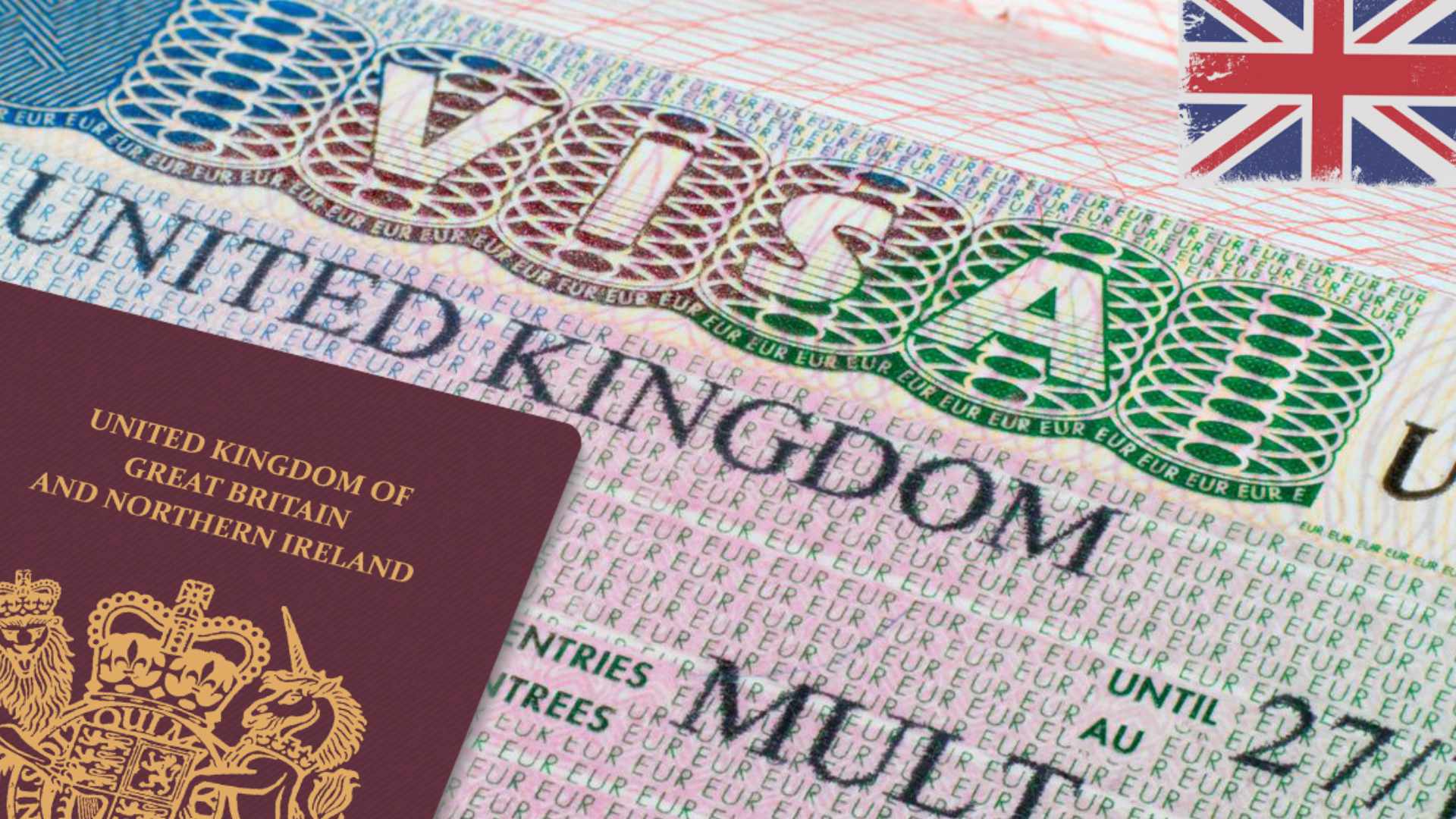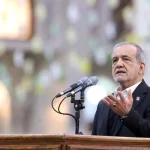The UK government this week announced an overhaul in non-visa entry requirements for visitors from next year.

The Electronic Travel Authorisation (ETA) scheme is similar to the ESTA system in the United States.
– What did the government say? –
The interior ministry announced that all visitors who do not require a visa to travel to Britain will need an ETA from April 2, 2025.
“Everyone wishing to travel to the UK –- except British and Irish citizens -– will need permission to travel in advance of coming here.
“This can be either through an ETA or an eVisa,” the Home Office said in a statement.
– What’s an ETA? –
It is a travel permit digitally linked to the traveller’s passport and is for people entering or transiting the UK without a visa or legal residence rights.
It costs £10 (12 euros, 13 dollars) and permits multiple journeys to the UK for stays of up to six months at a time over two years or until the holder’s passport expires -– whichever is sooner.
Eligibility is based on nationality and suitable travellers can apply using the UK ETA app.
– Who needs one? –
Previously, most visitors could arrive at a British airport with their passport and enter the country without a visa.
But that began to change in November last year when the then Conservative government introduced the ETA, starting with Qatari nationals.
The scheme was extended earlier this year and currently includes citizens of Bahrain, Kuwait, Oman, Saudi Arabia and the UAE. Children and babies from these countries need an ETA too.
– Who is affected next? –
Interior minister Yvette Cooper announced on Tuesday that all nationalities except Europeans can apply for an ETA from November 27. They will need one travel to Britain from January 8 next year.
The scheme will then extend to eligible Europeans, who will require an ETA from April 2, 2025. They will be able to apply from March 5.
Eligible travellers will need one even if they are just using the UK to connect to an onward flight abroad.
– Who doesn’t need one? –
British and Irish passport holders and those with passports for a British overseas territory do not need an ETA.
Travellers with a visa also do not require one, nor do people with permission to live, work or study in the UK, including people settled under the EU Settlement Scheme agreed as part of Britain’s exit from the European Union in January 2020.
– What can and can’t you do? –
Travellers can get an ETA if they are coming to the UK for up to six months for tourism, visiting family and friends, business or short-term study.
They cannot get married, claim benefits, live in the country through frequent visits, or take up work as a self-employed person.
– Do other countries do this? –
The Home Office says ETAs are “in line with the approach many other countries have taken to border security, including the US and Australia”.
It also mirrors the ETIAS scheme for visa-exempt nationals travelling to 30 European countries, including France and Germany, that the European Commission expects to be operational early next year.
– Why is Britain extending the scheme? –
It is part of the government’s drive to digitise its border and immigration system.
The Home Office says it will ensure “more robust security checks are carried out before people begin their journey to the UK”, which helps prevent “abuse of our immigration system”.
It is partly a consequence of Brexit, which ended freedom of movement to Britain for European nationals.
– What has been the reaction? –
Heathrow Airport has blamed the ETA scheme for a 90,000 drop in transfer passenger numbers on routes included in the programme since it was launched.
It has described the system as “devastating for our hub competitiveness” and wants the government to “review” the inclusion of air transit passengers.
pdh/phz/rlp
© Agence France-Presse






